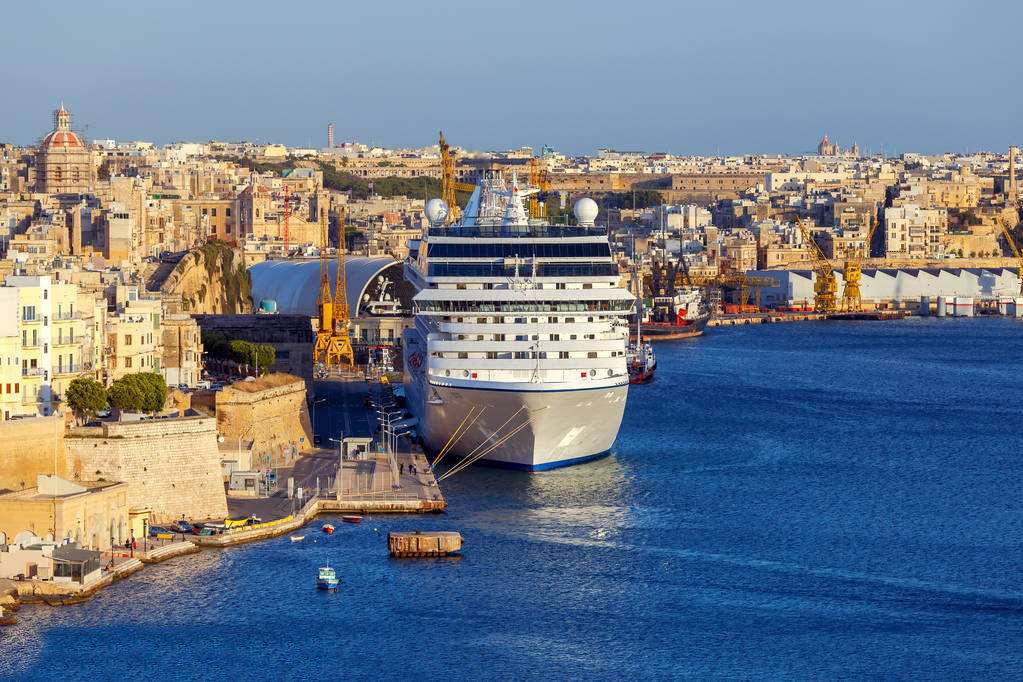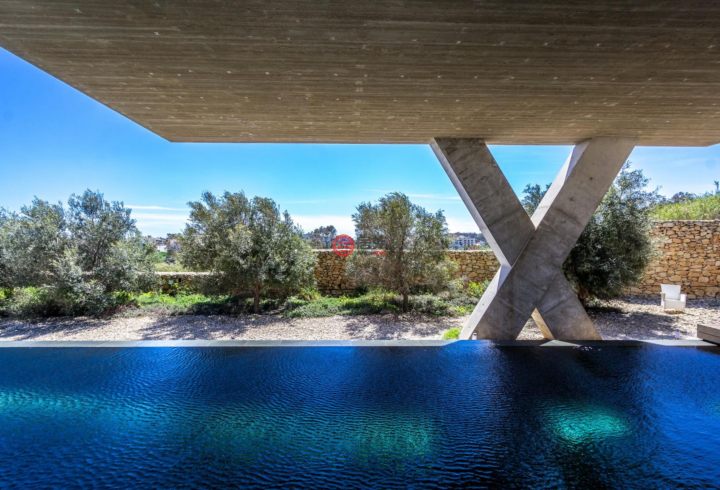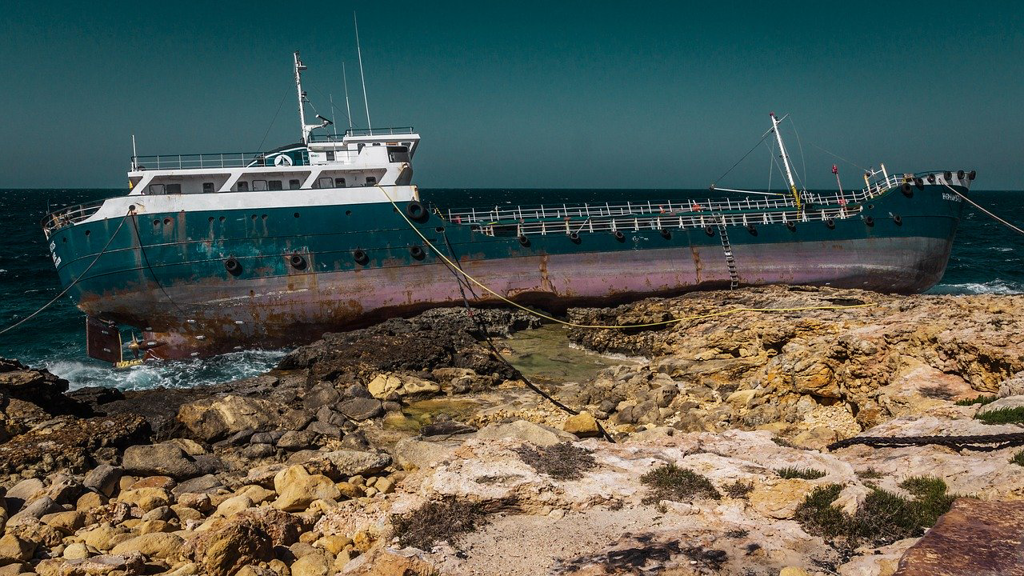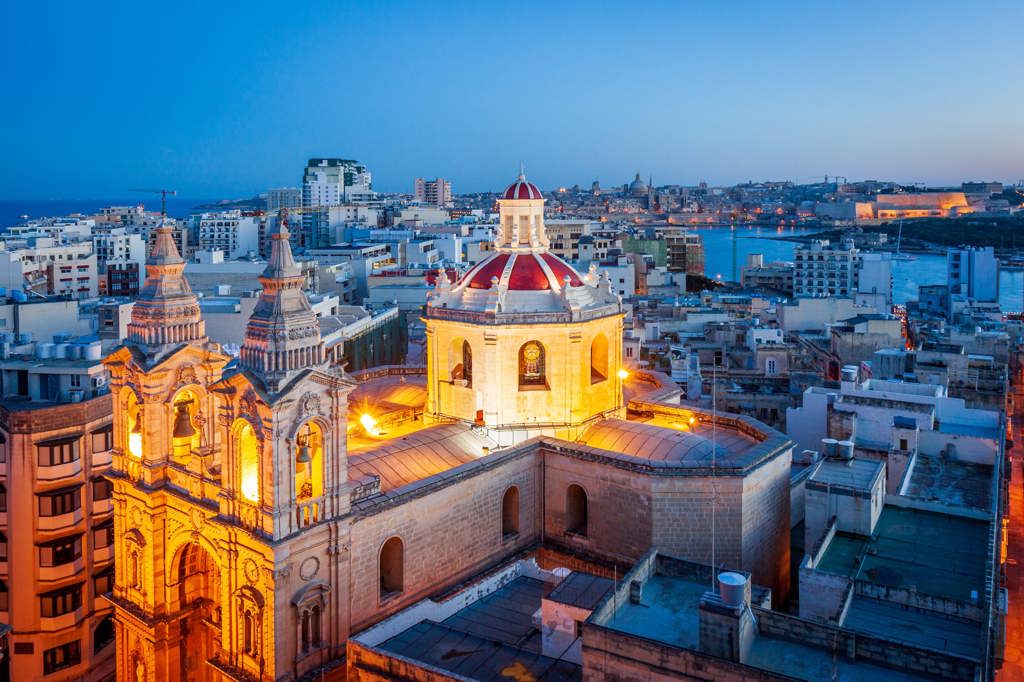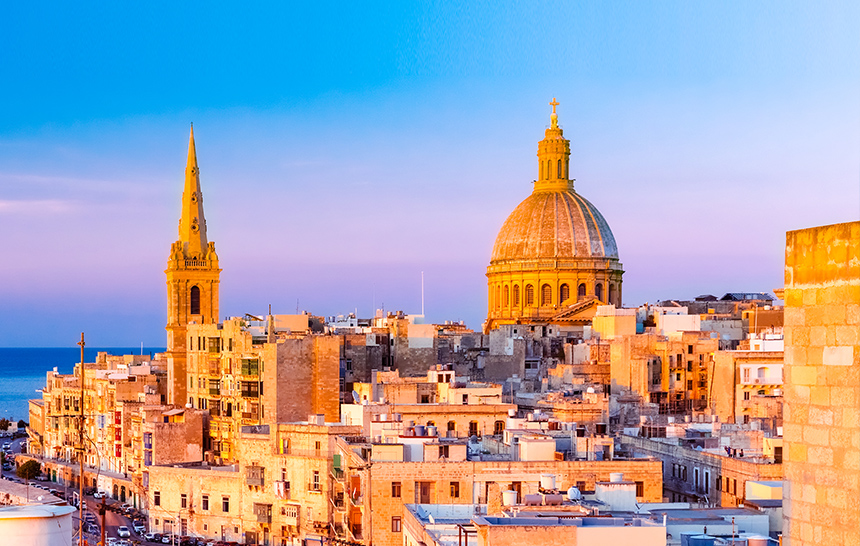
Malta Permanent Residence Programme
The Malta Permanent Residence Programme (MPRP) offers an efficient and cost-effective pathway for non-EU citizens and four generations of their family members to obtain permanent residency in Malta. This program is highly regarded for its unique "four-in-one" national status, prime geographical location, robust economic system, high-quality healthcare and education, and low investment thresholds.
Latest Policy Changes for 2025
The administrative fee has been increased from €50,000 to €60,000. The real estate investment threshold is now a unified €375,000 for purchasing a property or €14,000 per year for renting (the north/south distinction has been eliminated). A new asset verification option of €650,000 has been introduced, with €75,000 of that required to be in financial assets. Additionally, the age limit for dependent children has been adjusted from unlimited to a maximum of 29 years old.
Application Process
Sign Service Agreement & Pay Legal Fees
Sign the service agreement with the law firm and pay the legal fees. At the same time, a Power of Attorney (POA) will be signed.
Submit All Documents
Prepare and submit all application documents. Within one month of the submission receipt being issued, the first installment of the administrative fee (€15,000) for the main applicant must be paid.
Receive Letter of Approval in Principle
After submitting the documents, a letter of approval in principle is typically received within 4-6 months (the current average processing time is approximately 9-10 months). Within two months of receiving this letter, the final installment of the administrative fee (€35,000) for the main applicant and the administrative fees for dependent applicants (€5,000 per person) must be paid.
Complete Donations & Investment
Within 8 months of receiving the letter of approval in principle, you must complete the government donation (including government and charitable donations) and the real estate investment (purchase or rent), as well as purchase medical insurance and other related investments.
Enter Malta to Collect Biometric Data
After completing the investment, you must travel to Malta to have your biometric data collected.
Receive the Malta Permanent Residency Card
After all steps are completed, you will finally receive your Malta Permanent Residency card. This status is permanently valid, and the residency card is renewed every five years through a simple process with no risk of renewal denial.
Investment Options and Fees (Based on a Family of Three)
The total investment for the Malta Permanent Residence Programme will vary depending on your choice of buying or renting a property.
Rental Option:
Government Application Fee (Main Applicant): €60,000.
Government Application Fee for Dependents: €7,500 per person.
Government Contribution: €37,000.
Charitable Donation: €2,000.
Property Lease: Lease a property with an annual rent of no less than €14,000 and maintain for five years.
Purchase Option:
Government Application Fee (Main Applicant): €60,000.
Government Application Fee for Dependents: €7,500 per person.
Government Contribution: €37,000.
Charitable Donation: €2,000.
Property Purchase: Purchase a property with a price of no less than €375,000 and maintain for five years.
Application Requirements & FAQs
Main Applicant:
Non-EU citizen aged 18 or over.
Possess assets of at least €500,000 (of which €150,000 must be liquid assets); or possess assets of at least €650,000 (of which €75,000 must be liquid assets).
No criminal background, a reasonable explanation for the source of funds, and pass due diligence.
Complete the government-mandated donations and property investment, and purchase health insurance.
Dependent Applicants:
Spouse;
Minor children;
Unmarried and financially dependent children under the age of 29;
Parents and grandparents of both spouses who are financially dependent on the main applicant;
Stepparents, adopted children, stepchildren, same-sex partners, and de facto partners can also be included in the application.
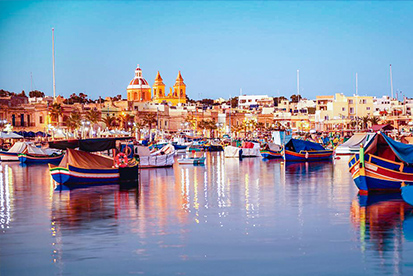
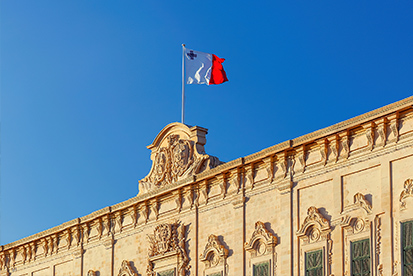
Q1. What are Malta's unique national characteristics?
Q2. What is Malta's economic environment and job market outlook?
Q3. What are the advantages of Malta's healthcare system?
Q4. What are the characteristics of Malta's education system?
Program Advantages
High Cost-Effectiveness, Four Generations Can Apply Together
For approximately €200,000, you can secure permanent residency for four generations of your family, including your spouse, minor and some adult children, and both sets of parents and grandparents, offering great value for money.
Fast Approval, One-Step Permanent Residency
The official promise is a fast approval of 4-6 months, with an average processing time of 9-10 months, providing one-step permanent residency status that is permanently valid. The residency card is renewed every five years.
No Residency Requirement, Low Application Threshold
There are no residency requirements or obligations to live in Malta, and documents can be sent by mail. The application threshold is low, with no language, education, or business background requirements, only the need to meet the asset conditions.
English-Speaking Country, Seamless Integration
Malta is an official English-speaking country with an English proficiency rate as high as 96%, ensuring seamless integration into daily life. Schools teach in English, making it convenient for both study and work.
Authentic British Education, Access to Quality Resources
The country offers an authentic British education, with numerous schools nationwide. Public schools are free and private schools are affordable. The quality of secondary education ranks second globally, and academic credits can be mutually recognized.
"Four-in-One" Country, Enjoy Convenient European Travel
Malta is the world's only "four-in-one" country (EU, Eurozone, Schengen, and Commonwealth), allowing visa-free travel to 29 Schengen countries and easy access across Europe.
Latest Article
Is Malta’s Residency Still Worth It After the 2025 Policy Changes?
On 22 July 2025, Malta introduced key reforms to its Permanent Residency Programme (MPRP), including a temporary residence permit option, revised fees, greater property flexibility, and faster digital processing. While costs have risen, these adjustments are designed to attract higher-quality applicants, enhance long-term value, and preserve the programme’s global prestige. Backed by Malta’s “four-in-one” status — EU, Schengen, Eurozone, and Commonwealth — PR holders enjoy unmatched mobility, education, healthcare, and tax advantages. For high-net-worth families, Malta remains not just a residency choice, but a strategic base for global mobility, asset protection, and intergenerational security.
Malta Permanent Residency: Your Golden Ticket to the EU Job Market
As EU countries tighten immigration routes, Malta’s permanent residency stands out with its freedom to work, supportive integration policies, and access to high-growth industries. Unlike other European “golden visa” schemes, Malta PR holders can work or start businesses without restrictions, enjoy EU skills recognition, and benefit from government-funded language and professional training. With a shortage of skilled workers in sectors from healthcare to technology, and a business-friendly environment with low taxes, Malta PR is not just a residence permit — it’s a strategic career and entrepreneurial launchpad into the entire EU.
Malta’s Permanent Residency Programme Revamped: Temporary Residence, Flexible Property Use, and Family-Friendly Costs
On 22 July 2025, Malta announced sweeping reforms to its Permanent Residency Programme (MPRP), streamlining applications and reducing costs for families. Key updates include a new temporary residence card for faster entry, flexible rules for renting and subletting investment properties, and lower fees for certain dependants. These changes ease the pressure on applicants juggling international relocations or complex asset arrangements, while boosting investment returns. For high-net-worth families seeking education, asset diversification, and EU access, Malta’s updated programme offers greater convenience, value, and legal clarity.
Malta’s Citizenship-by-Investment May End Soon — Why Its Permanent Residency Still Holds Unique Opportunities
Malta’s celebrated citizenship-by-investment program faces termination following an EU court ruling, signalling a broader shift in European immigration policy. While “golden passport” schemes are being shut down across the continent, Malta’s Permanent Residence Programme (MPRP) remains open — offering visa-free Schengen travel, no residency requirements, and benefits for up to five generations. For families seeking education, healthcare, and business opportunities within the EU, this may be the last, limited-time chance to secure a stable European foothold before regulations tighten further.

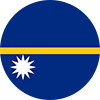 Nauru Citizenship by Investment Program
Nauru Citizenship by Investment Program
 São Tomé and Príncipe Citizenship by Investment Program
São Tomé and Príncipe Citizenship by Investment Program
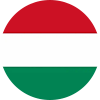 Hungarian Fund Immigration
Hungarian Fund Immigration
 Turkey Real Estate Immigration
Turkey Real Estate Immigration
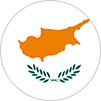 Cyprus Real Estate Immigration
Cyprus Real Estate Immigration
 US EB5 investment immigration
US EB5 investment immigration
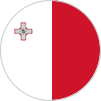 Malta Permanent Residence Programme
Malta Permanent Residence Programme
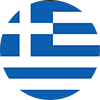 Greek Golden Visa
Greek Golden Visa

